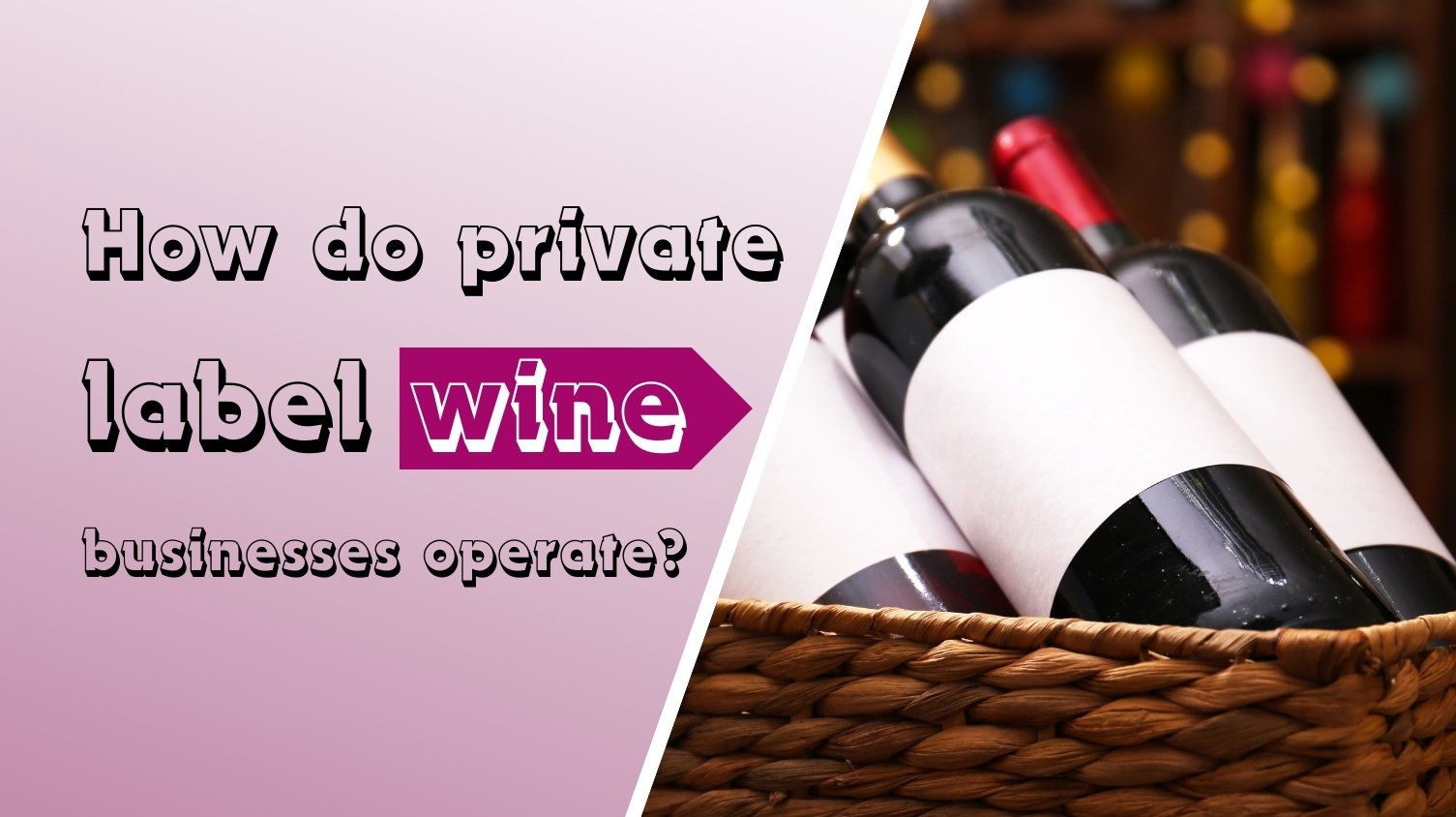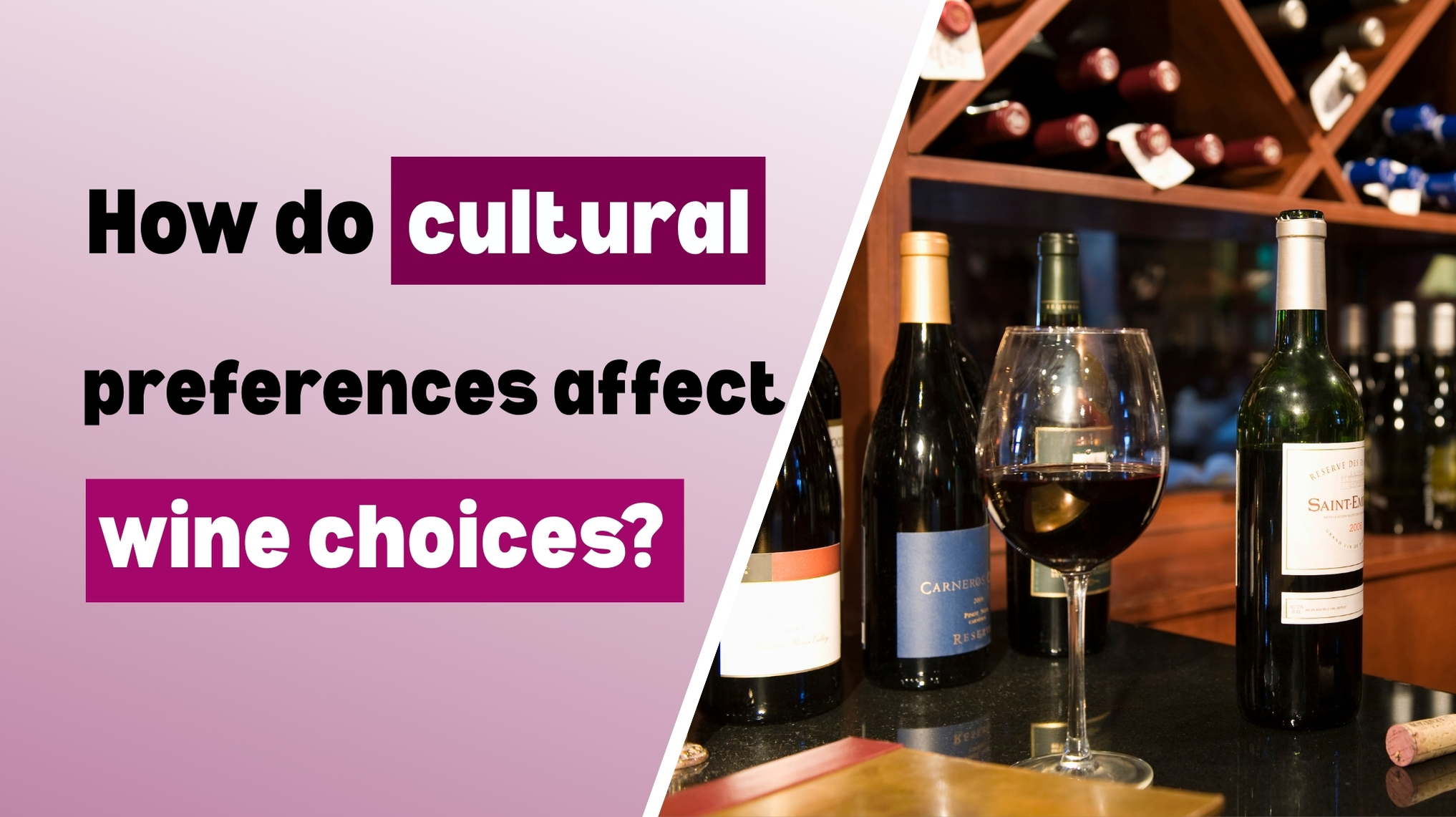A Simple Guide to Understanding Private Label Wine Businesses

Introduction: The Rise of Private Label Wines
The wine industry is changing, and one of the fastest-growing trends is private label wine. This type of business is perfect for stores, restaurants, and individuals who want to sell their own wine brand—without owning a vineyard or winery. It allows people to create and market wines under their own labels while working with professional wine producers.
Let’s take a closer look at how private label wine businesses work, why they are becoming more popular, and how you can start one too.
What Is a Private Label Wine Business?
A private label wine business is when a company sells wine under its own brand name, even though it didn’t make the wine itself. Instead, the wine is made by an existing winery. The company works with the winery to choose the wine and create a label that fits its own brand style.
This model helps businesses offer special wines that no one else has, without needing to own land, grapes, or winemaking tools.
Why Private Label Wines Are Growing Fast
Private label wines are gaining popularity in many parts of the world. In the United States, they now make up around 8-10% of all wine sales, which is almost double compared to 2012. In Europe, they’re even more common. For example, in the UK, private label wines make up about 30% of the market, and in some countries, it's as high as 50%.
This growth is happening because people want unique wines that offer good value, and businesses want to stand out from the crowd.
How Private Label Wine Businesses Work
If you're thinking about starting a private label wine business, here are the basic steps:
1. Do Your Market Research
First, figure out who your customers are. What types of wine do they like? How much are they willing to pay? What’s popular in your area? Researching these things helps you pick the right kind of wine to sell.
2. Find a Winery to Partner With
Next, you’ll need to team up with a winery that can supply you with wine. Many wineries make more wine than they sell under their own name, so they’re open to working with private labels.
3. Build Your Brand
Your wine needs to have a name, a label, and a story. The label design should look good and match the feeling you want your brand to give. You might want something elegant, fun, or trendy—it depends on who you’re trying to reach.
4. Follow the Rules
Selling alcohol comes with lots of rules. You’ll need to make sure your label follows local laws, register your brand if needed, and stay up to date with shipping and selling rules, especially if you plan to sell across state or country lines.
5. Market and Sell Your Wine
Once your wine is ready, you need a plan to promote it. This could include social media, wine tastings, online ads, or working with influencers. You'll also need to choose how you'll sell it—online, in stores, or directly to customers.
Why Private Label Wine Is a Smart Business Idea
Here are some key benefits of starting your own private label wine business:
Stand Out From the Crowd: Offering your own brand helps you be different from competitors.
Better Profits: Since you’re not selling a big national brand, your profit margins can be higher.
Control Over Quality: You can choose wines that match your brand’s image and meet your standards.
Build Customer Loyalty: When people like your unique wine, they’ll keep coming back for more.
Challenges You Might Face
Of course, no business is without challenges. Here are some common ones in the private label wine world:
Maintaining Quality: You need to work closely with your winery partner to make sure the wine always tastes great.
Legal Requirements: Rules about selling alcohol can be tricky and vary by location.
Tough Competition: Many private label wines are out there, so you need strong branding and smart marketing to get noticed.










